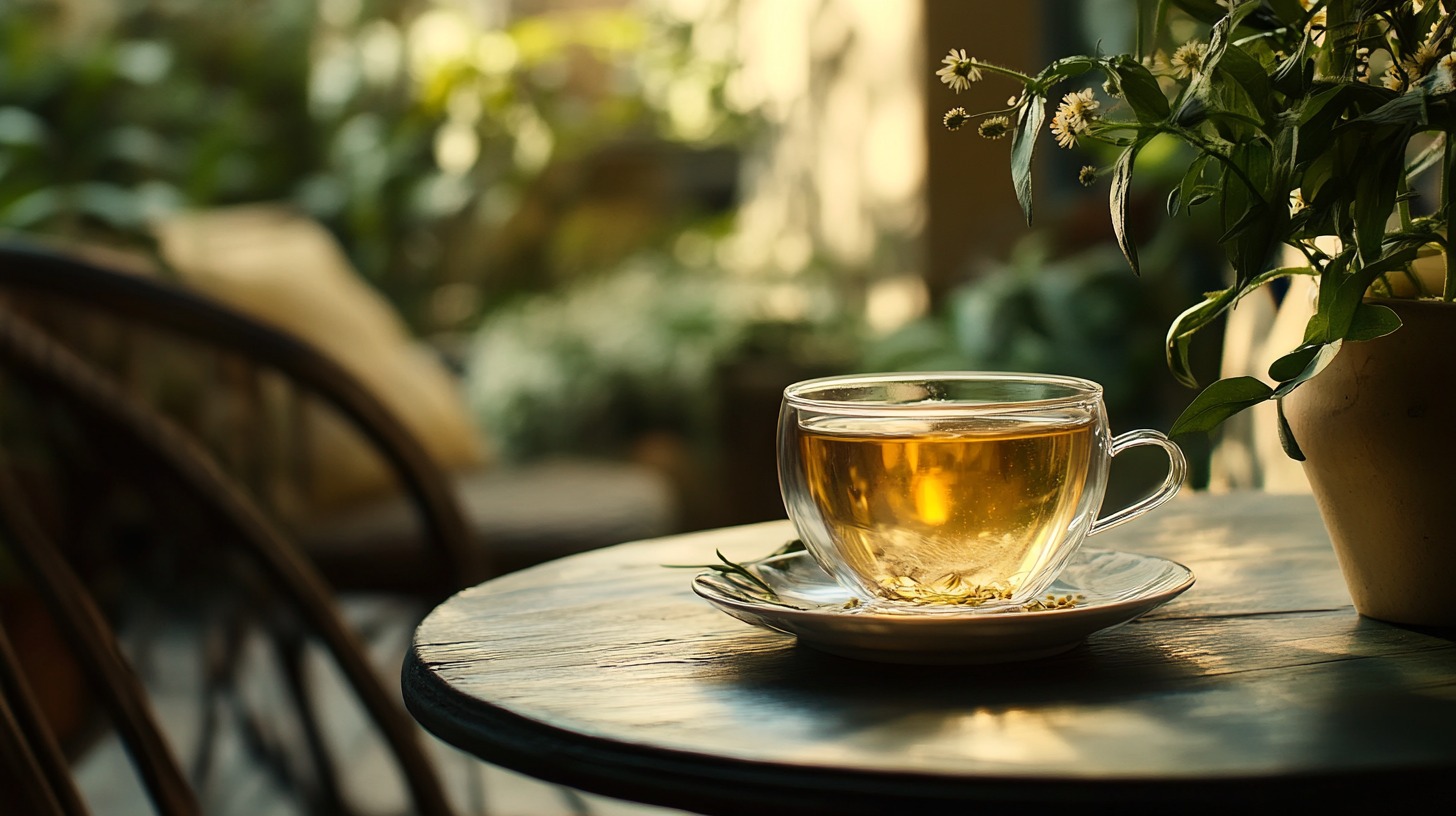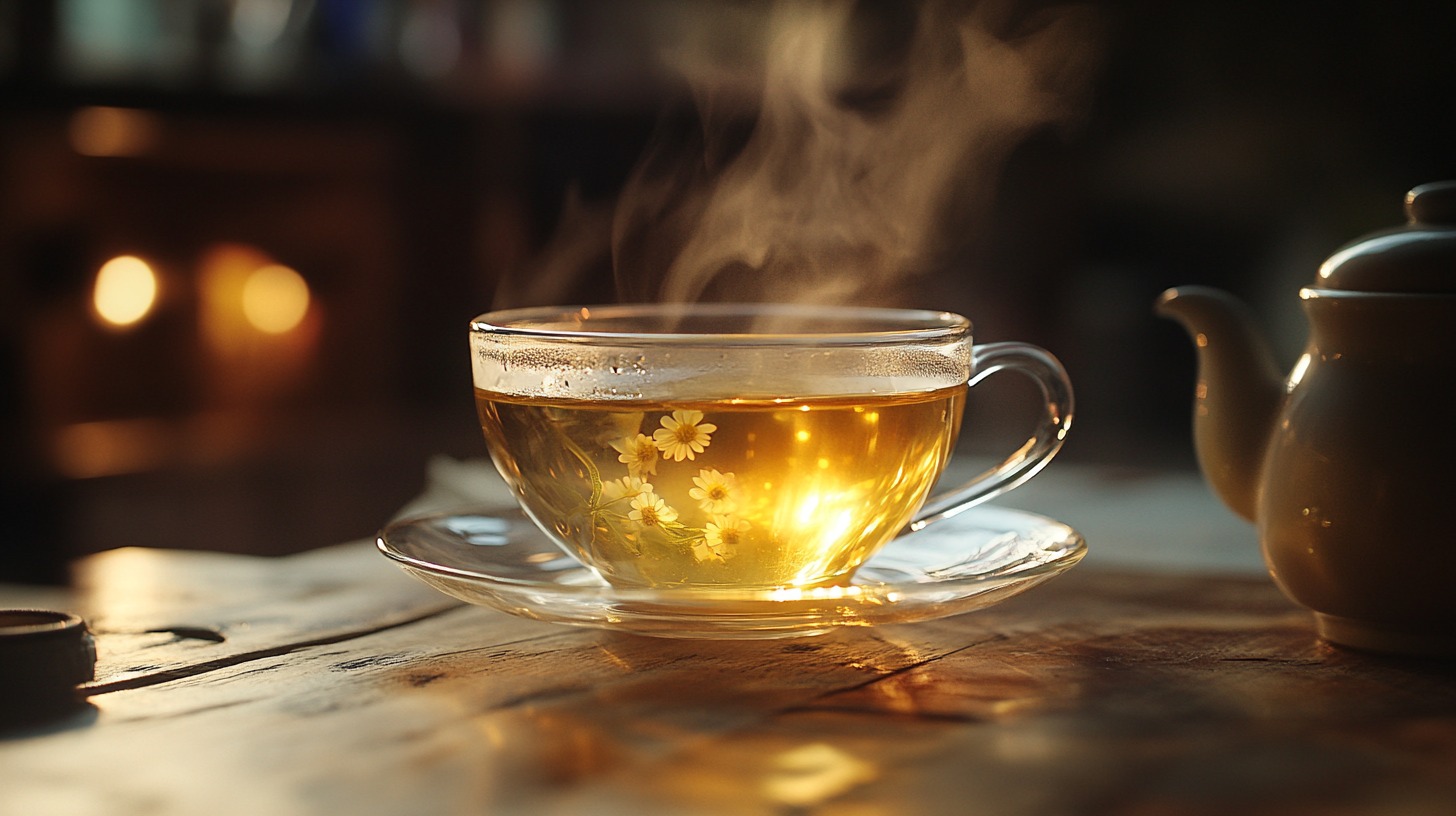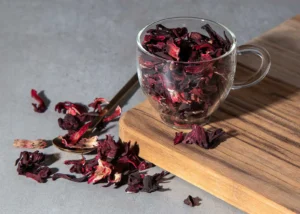Chamomile tea is a widely loved herbal infusion known for its calming aroma and therapeutic benefits.
While often associated with relaxation and wellness, it is important to recognize both its advantages and potential drawbacks.
By examining the side effects, benefits, and intriguing facts about chamomile tea, one can better assess its role in promoting a balanced lifestyle.
Side Effects of Chamomile Tea

While chamomile tea is often regarded as a soothing and beneficial herbal drink, it is essential to recognize its potential side effects and take precautions.
Although it is generally safe for most people, certain groups should be cautious when consuming chamomile tea due to possible adverse effects.
Allergic Reactions
People with severe allergies to plants in the Asteraceae family, such as ragweed, daisies, or marigolds, may experience reactions like skin irritation, hives, or even asthma attacks.
The tea can also be contaminated with pollen, which may exacerbate allergic symptoms.
Symptoms may include:
- Rash or skin irritation
- Swelling
- Difficulty breathing or asthma-like symptoms
Risks for Infants and Young Children

Infants and children should avoid chamomile tea because it may contain spores that lead to gastrointestinal infections. Young immune systems are less capable of handling these contaminants, potentially leading to illness.
Potential concerns include:
- Gastrointestinal infections
- Stomach upset or discomfort
Interactions with Medications
Individuals on blood-thinning medications such as warfarin, aspirin, or heparin should avoid chamomile tea due to its natural anticoagulant properties.
Consuming the tea alongside these medications could heighten the risk of internal bleeding.
Overconsumption Effects
Drinking excessive amounts of chamomile tea can lead to various side effects, including:
- Lightheadedness
- Diarrhea
- Excessive drowsiness or sedation
- Low blood pressure
Precautions for Pregnant Women

Pregnancy is a critical period during which every dietary choice must be made with caution, and chamomile tea is no exception. Although chamomile tea is often praised for its calming properties, its effects on pregnancy can be concerning.
Expecting mothers are strongly encouraged to consult their healthcare provider before incorporating chamomile tea into their routine, as it has been linked to potential complications, including an increased risk of miscarriage.
One of the primary concerns with chamomile tea during pregnancy is its ability to stimulate uterine contractions. Chamomile contains certain natural compounds that may inadvertently trigger these contractions, potentially leading to preterm labor or even miscarriage.
It is particularly risky during the first and second trimesters when the pregnancy is most vulnerable.
Pre-Surgical Considerations
Individuals scheduled for surgery should avoid chamomile tea in the weeks leading up to the procedure. Its blood-thinning properties can interfere with clotting and increase the risk of excessive bleeding during or after surgery.
Contamination Risks
Like other herbal teas, chamomile may carry contaminants such as fungal spores, particularly if improperly stored or sourced from low-quality suppliers. Infants and young children are particularly vulnerable to such contaminants and should avoid chamomile tea altogether.
Benefits of Chamomile Tea

Chamomile tea provides a wide range of health benefits, making it a favorite choice among those seeking natural remedies for wellness.
Its therapeutic properties have been valued for centuries, and modern research continues to highlight its potential advantages for the body and mind.
| Benefit | Description |
|---|---|
| Anti-inflammatory properties | Reduces inflammation and relieves arthritis, muscle pain, and swelling. |
| Calming and sleep effects | Eases anxiety and promotes restful sleep, ideal for insomnia or restlessness. |
| Blood sugar management | Helps improve blood sugar control and supports insulin regulation. |
| Cancer-fighting potential | May target cancer cells and inhibit growth, with antioxidants playing a role. |
| Digestive support | Soothes the stomach, reduces bloating, and eases cramps. |
| Stress relief | Calms the mind and body, providing comfort during stress or fatigue. |
| Traditional uses | Used historically for menstrual pain, ulcers, skin irritations, and colds. |
Origins and Varieties of Chamomile
Chamomile belongs to the Asteraceae family, a group of flowering plants that includes daisies and sunflowers. Two primary varieties of chamomile are commonly used in tea and medicinal applications:
- German chamomile (Matricaria recutita)
- Roman chamomile (Chamaemelum nobile)
While both varieties are effective in promoting relaxation and health, they have distinct characteristics in their growth patterns, uses, and properties.
| Feature | German Chamomile | Roman Chamomile |
|---|---|---|
| Growth Pattern | Annual herb, grows up to 2 feet tall | Perennial plant, grows to about 1 foot tall |
| Stem and Leaves | Smooth stems and delicate flowers | Thicker leaves |
| Essential Oil | Dark blue, anti-inflammatory and antimicrobial properties | Not typically used for essential oil extraction but has a sweeter scent |
| Primary Uses | Digestive discomfort, skin inflammation, minor infections | Stress relief, soothing gastrointestinal issues |
| Applications | Frequently used in herbal teas for potent medicinal effects | Commonly used in aromatherapy and as a gentle relaxant in teas |
Both types of chamomile share a reputation for their soothing qualities, but their applications may vary depending on individual needs:
- German chamomile is more widely used in therapeutic settings for its stronger medicinal properties.
- Roman chamomile, with its mild taste and pleasant aroma, is a favorite for everyday relaxation and stress relief.
The choice between these two varieties often depends on the desired purpose, flavor preference, or specific therapeutic benefits sought.
How to Enjoy Chamomile Tea Safely
To enjoy chamomile tea without concern, limit your intake to one or two cups per day. This moderate amount allows you to reap its benefits while minimizing potential side effects. Always purchase tea from reputable brands to reduce the risk of contamination. The same can be said about Assam tea.
Brewing the tea properly also enhances its flavor and effects. Allow the tea to steep for five to ten minutes in hot water, and avoid over-soaking, which can create a bitter taste. Adding honey or lemon can complement its natural sweetness and create a more enjoyable experience.
A consultation with a healthcare professional is essential for those with specific health conditions or who are taking medications. This precaution ensures that chamomile tea integrates safely into your routine.
The Bottom Line
Chamomile tea remains a popular beverage, valued for its soothing properties and potential health benefits.
While its advantages are well-documented, awareness of potential risks is vital.
By enjoying it responsibly and consulting with professionals when needed, chamomile tea can become a comforting addition to a healthy lifestyle.




